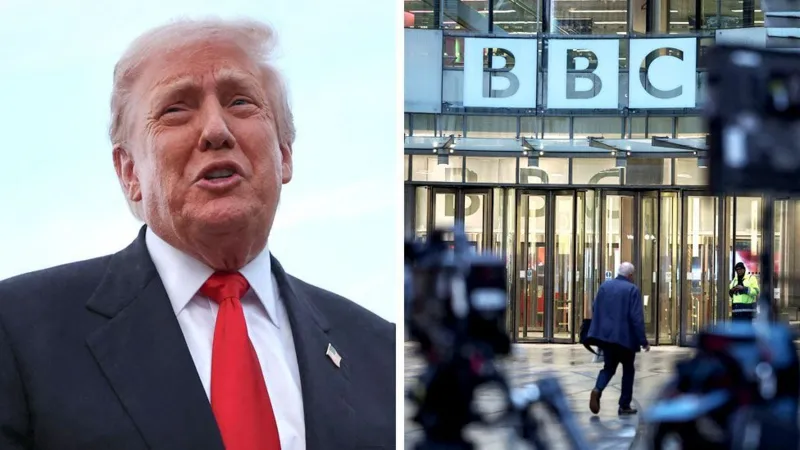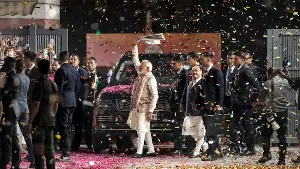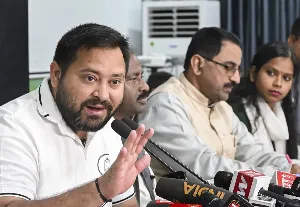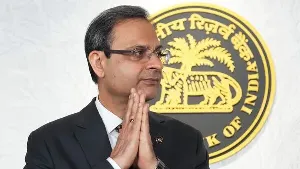BBC Issues Apology to Trump Over Misleading Speech Edit

The British Broadcasting Corporation (BBC) has formally apologised to former United States President Donald Trump following backlash over a misleading edit of his speech aired in a Panorama episode. The broadcaster acknowledged that the edit may have unintentionally misrepresented Trump's words, suggesting he made a direct call for violence during the insurrection at the Capitol on 6 January 2021. However, the BBC firmly rejected Trump's demands for compensation, asserting that there is no grounds for a defamation claim.
In a statement released to the media, the BBC's chair, Samir Shah, expressed regret for the manner in which the speech was presented and noted that the edited clip had created the misleading impression that it was a continuous segment. "We accept that our edit unintentionally created the impression that we were showing a single continuous section of the speech, rather than excerpts from different points in the speech," the statement explained.
The Panorama episode highlighted Trump's remarks from the day of the Capitol riots, where he said, "We're going to walk down to the Capitol... and I'll be there with you. And we fight. We fight like hell." Critics of the BBC argued that the way this footage was spliced together made it appear as if Trump was encouraging violence, leading to a public outcry and calls for accountability.
Trump's legal team had previously threatened to pursue a lawsuit against the BBC, seeking $1 billion (£759 million) in damages, alongside a retraction and public apology. Despite the broadcaster's admission of an editing error, it maintained that the edited content did not cause harm to Trump, as he was subsequently re-elected in 2024.
Culture Secretary Lisa Nandy weighed in on the situation during interviews, stating that the BBC was handling the matter with the seriousness it deserved. She acknowledged concerns about the corporation's editorial standards and suggested a review of political appointments to its board could be necessary to restore public confidence in its impartiality.
In response to the controversy, both Tim Davie, the BBC's director general, and Deborah Turness, the head of news, resigned from their positions, citing the incident as an "error of judgment." This resignation came amid increasing scrutiny over the BBC's editorial integrity and the implications of the misleading edit on public perception.
Further complicating matters, a 2022 clip aired on the BBC's Newsnight programme, which also edited Trump's speech, was brought to light by the Daily Telegraph, raising additional questions about the BBC's commitment to accurate reporting. The BBC has since stated it would not rebroadcast the Panorama programme in question.
Legal experts suggest that Trump may face challenges in pursuing a defamation case in either the UK or the US, particularly given that he has been elected after the events in question. The BBC’s editorial policies, which are designed to maintain impartiality, will be under scrutiny as the broadcaster continues to navigate the fallout from this incident.
As the BBC prepares to review its governance and editorial guidelines, it faces mounting pressure from all sides—ranging from accusations of bias to demands for greater accountability. The corporation's future will likely be influenced by how it addresses these issues in the coming months, particularly as it embarks on its charter review process, which is expected to begin soon. The UK government has pledged to ensure that the BBC remains sustainably funded and commands public trust, but the path ahead remains uncertain.

Bihar Elections: PM Modi Celebrates NDA's Significant Victory

Bihar Election Results: NDA Triumphs with Unexpected Outcomes

Indian Equity Markets Show Modest Gains Amid Late Buying Activity

Iran Seizes Marshall Islands Tanker in Strait of Hormuz, US Confirms





